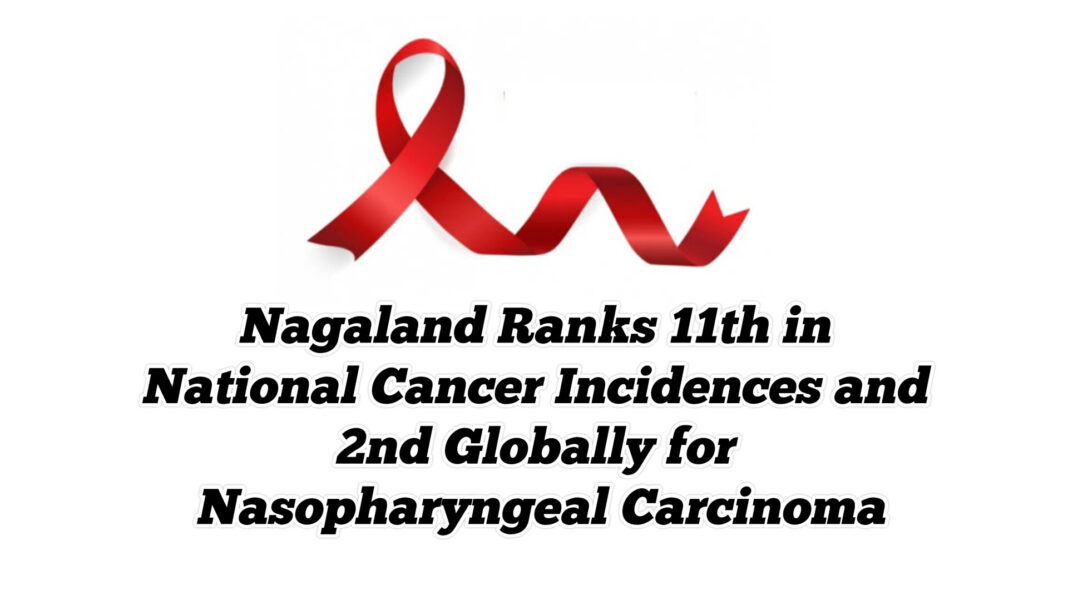During the 19th annual conference of the Association of Oncologists of North East India (AONEI), held at De Oriental Grand Hotel in Kohima, MLA Dr. Tseilhoutuo Rhutso unveiled concerning statistics regarding cancer prevalence in Nagaland. According to Dr. Rhutso, Nagaland has been placed 11th in the country for overall cancer incidences and second globally for Nasopharyngeal carcinoma cancer. These revelations highlight the pressing need for heightened awareness, prevention, and treatment strategies to address the growing cancer burden in the region.
What is Nasopharyngeal carcinoma cancer?
Nasopharyngeal carcinoma (NPC) is a type of cancer that originates in the nasopharynx, which is the upper part of the throat located behind the nose. It is relatively rare compared to other types of cancer but is more prevalent in certain regions, including Southeast Asia, North Africa, and Southern China.
NPC typically develops from the epithelial cells lining the surface of the nasopharynx. The exact cause of NPC is not fully understood, but it is believed to be associated with a combination of genetic predisposition, environmental factors (such as consumption of preserved foods containing nitrosamines), and Epstein-Barr virus (EBV) infection.
Symptoms of nasopharyngeal carcinoma may include:
- Persistent nasal congestion or blockage
- Nosebleeds
- Diminished sense of smell
- Earaches
- Sore throat
- Difficulty hearing
- Enlarged lymph nodes in the neck
Diagnosis of NPC typically involves a physical examination, imaging tests such as MRI or CT scans, and biopsy of the suspected tumor tissue.
Treatment options for nasopharyngeal carcinoma may include radiation therapy, chemotherapy, and surgery, depending on the stage and extent of the cancer. Prognosis varies depending on factors such as the stage of the cancer, the patient’s overall health, and the effectiveness of treatment. Early detection and prompt treatment can improve outcomes for individuals with nasopharyngeal carcinoma.

